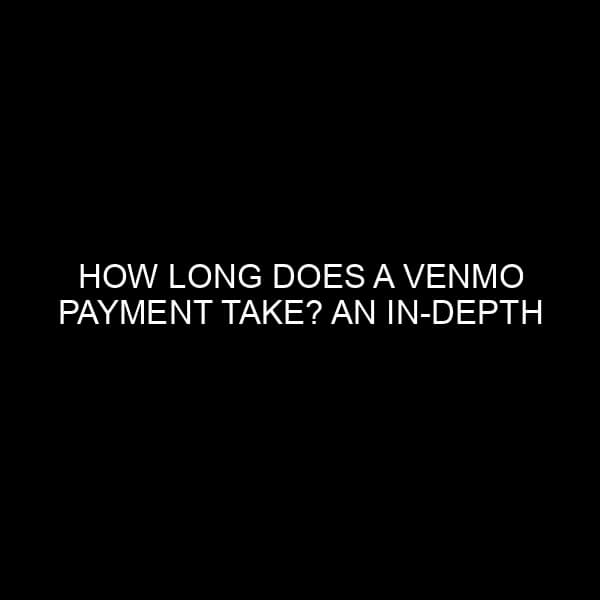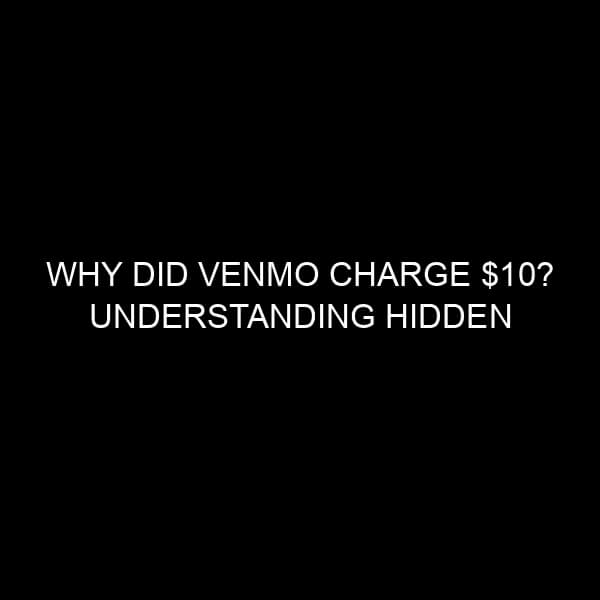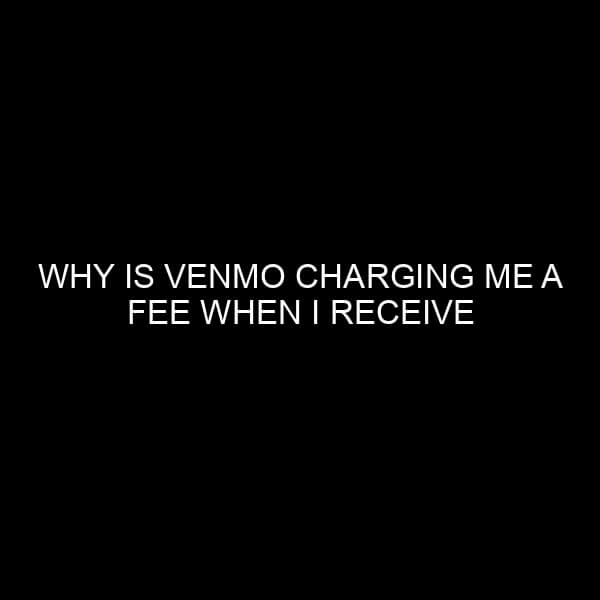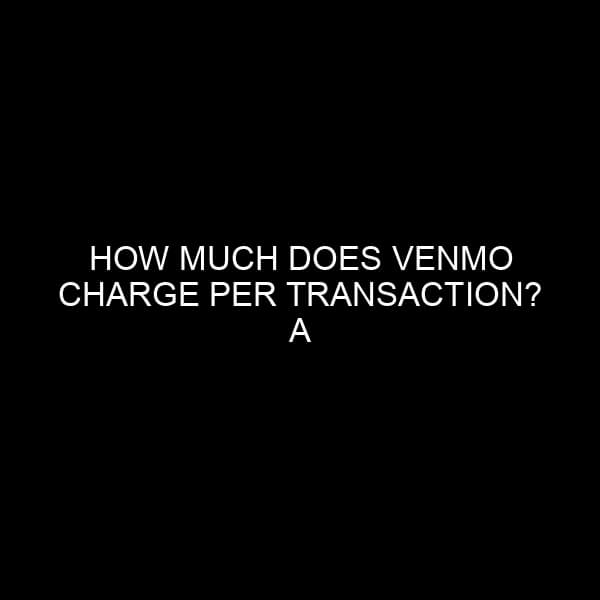How Long Does a Venmo Payment Take? An In-Depth Analysis
In today’s digital age, platforms like Venmo have emerged as the darlings of peer-to-peer payment solutions. Owned by PayPal, Venmo provides a seamless way for individuals to send and receive money almost instantaneously. However, the query many users and potential adopters often have is: “How long does a Venmo payment actually take?” Drawing from my extensive background in the financial market and banking industry, I’m here to provide an in-depth analysis of Venmo’s payment timelines and processes.
The Venmo Payment Landscape: A Brief Overview
Before diving into the specifics, it’s essential to grasp Venmo’s operating philosophy. Venmo operates more as a digital wallet than a bank. The platform allows users to maintain a balance, which can be used for instant transactions between Venmo accounts. Payments made to you are added to your Venmo balance in real-time. However, transferring funds from your Venmo balance to your bank account is a different story, and that’s where the “time” aspect comes into play.
Instant Transfers vs. Standard Bank Transfers: Timing and Differences
1. Instant Transfers
Venmo introduced its Instant Transfer feature, acknowledging users’ need to access their money quickly. Here’s what you need to know:
- Speed: As the name suggests, these transfers are nearly instantaneous. Users typically receive their money in their bank accounts within 30 minutes, although this might slightly vary depending on the bank’s processing speed.
- Fees: Venmo charges a small fee for this expedited service, typically 1% of the transferred amount with a minimum fee of $0.25 and a maximum of $10.
- Prerequisites: Users must have an eligible Mastercard or Visa debit card to utilize Instant Transfers.
2. Standard Bank Transfers
For those not in a rush or wanting to avoid fees, the standard bank transfer is an option:
- Speed: These transfers usually take 1-3 business days. Factors affecting this timeline include weekends, bank holidays, and the specific policies of the receiving bank.
- Fees: Standard bank transfers are free on Venmo’s end.
- Prerequisites: You need a verified bank account linked to your Venmo account.
Factors Affecting Transfer Times
1. Bank Policies: Every bank has its own processing times and policies. While Venmo might send funds instantly, your bank’s processing time can introduce delays.
2. Weekends and Holidays: Transfers initiated on weekends or banking holidays might experience delays due to non-working bank days.
3. Account Verification: New users or those who have recently changed their banking details might face slight delays as Venmo and banks ensure account legitimacy.
4. Suspicious Activity: Venmo continually monitors for suspicious activity. If a transaction or transfer seems out of the ordinary, it could be flagged for review, causing a delay.
Enhancing Speed: Tips for Faster Transfers
To minimize potential delays:
- Ensure Account Details are Updated: Regularly check your linked bank account details, especially after receiving a new card or changing banks.
- Initiate Transfers Early: If you’re aware of a need to transfer funds, it’s best to start the process early in the day and preferably on a weekday.
- Opt for Instant Transfer: If time is of the essence, paying the small fee for an Instant Transfer might be worth the convenience.
Conclusion
In the vast landscape of digital financial tools, Venmo has carved out a unique space with its intuitive and rapid money transfer system. While transfers between Venmo accounts are immediate, moving money to your bank account can vary in time, influenced by factors ranging from bank policies to transaction verifications. However, with awareness of these nuances and some proactive measures, users can largely control and expedite their payment timelines.
With an expert lens on the financial world, it’s evident that platforms like Venmo, while transformative, operate within the broader banking ecosystem. Their efficiency, therefore, hinges not just on their technical prowess but also on their harmonious integration with traditional banking systems.






